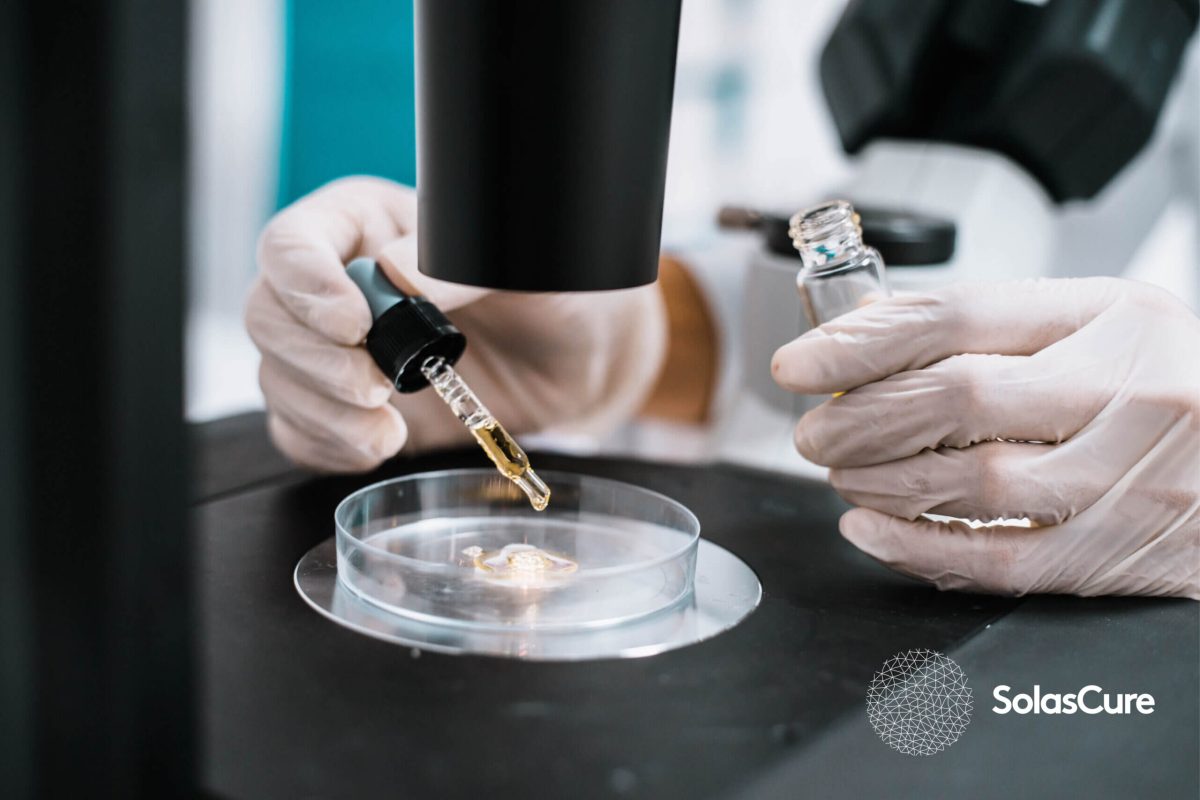Cambridge-based biologics company SolasCure has received authorisation to conduct clinical trials for its investigational product, Aurase Wound Gel, from the UK’s Medical and Healthcare products Regulatory Agency (MHRA) and approval to open its Investigational New Drug (IND) application by the FDA in the US.
The first-in-human trial has begun in the UK and will take place in centres across the UK, US and Hungary. This is a Phase IIa study and follows an extensive preclinical research programme carried out between 2018 and 2020.
The news follows the recent announcement of the completion of the Series A investment round, in which the start-up secured a total of £15 million investment from a collaboration of industry veterans, institutional venture and strategic investors.
Aurase Wound Gel is SolasCure’s first investigational product, a biologic leveraging an enzyme cloned from medical maggots combined with a hydrogel. Aurase Wound Gel aims effectively to clean wounds, a process known as debridement, which is a crucial prerequisite for a wound to heal.
The initiation of clinical trials for Aurase Wound Gel represents a significant milestone for SolasCure and its partners, with the company having managed to make strong progress despite the highly challenging circumstances presented by the COVID-19 pandemic.
The study is expected to yield results in 2022. Should it be successful in showing a safe, effective product, the team will then proceed to Phase IIb studies, the next critical stage in Aurase Wound Gel’s clinical development programme. SolasCure’s US Medical Advisory Chair, Dr. Robert Kirsner, Chairman and Harvey Blank Professor of Dermatology at the University of Miami, said: “Leg ulcers are costly in terms of morbidity to patients and health care costs. Having more well researched and better therapies available to patients is critical. The wound care community is excited by the recent granting of an IND by the FDA for SolasCure’s Aurase Wound Gel and the enrolment of first patients in clinical trials. The opportunity to potentially modernise debridement with enzymes cloned from medical maggots leading to faster healing exists.








